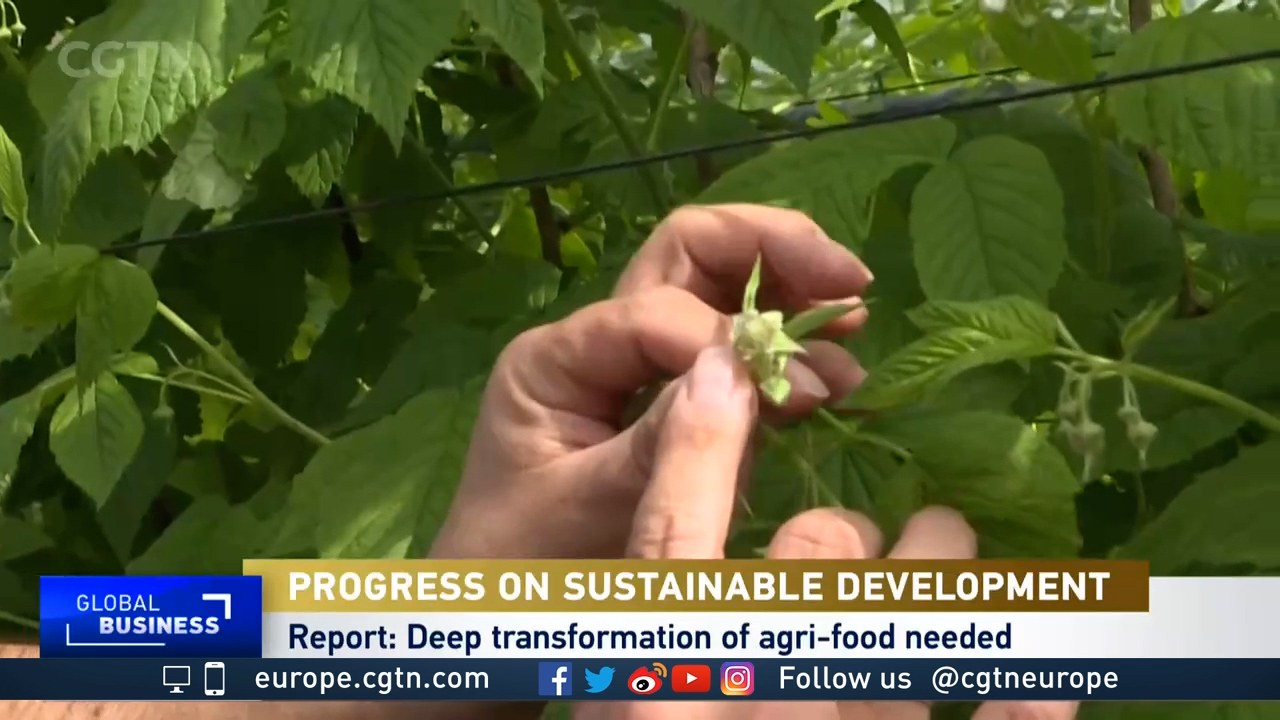02:40

Hopes of ending global hunger and reducing greenhouse gas emissions from the agricultural sector will be disappointed without major action from the world’s leading economies.
That is the verdict of a joint report released by the Organization for Economic Co-operation and Development (OECD) and the United Nations' Food and Agriculture Organization (FAO).
The "news is not so good" was the warning from the director-general of the FAO, who was leading the video publication of the two institutions' Agricultural Outlook for 2021-2030.
READ MORE:
Why UK's not focusing on COVID-19 case numbers
Cyprus wildfire 'brought under control'
A wedding banquet from waste food
Qu Dongyu said leading nations need to become more efficient, more green, and more forward-thinking to deal with the UN's goals of eradicating global hunger, ensuring food security and promoting healthy diets – while safeguarding the future of the planet.
"Its findings clearly show that we need a deep transformation of our agri-food systems in order to realize the 2030 Agenda and achieve the Sustainable Development Goals," said Qu Dongyu.
"Already before the COVID-19 outbreak, as many as 690 million people or nearly 9 percent of the world's population were under chronic hunger.
"The pandemic has made the situation worse."
With less than 10 years until the 2030 deadline for achieving the UN's Sustainable Development Goals, governments need to step up their efforts to meet food and environmental targets, said the report's authors.
The publication is an assessment of the 10-year prospects for agricultural commodity, fish and biofuel markets.
It gives baseline projections for production, consumption, stocks, trade and prices for commodities such as cereals, sugar, meat, dairy, fish and cotton.
There was a note on the shift to more ethical and more environmentally friendly diets.
The report authors said that, while there is increasing meat consumption in emerging economies, there is a trend towards a fall in eating animal protein in high-income countries.
There will be a 4 percent increase in greenhouse gas emissions coming from the agriculture sector over the next nine years – with livestock responsible for 80 percent of those emissions.
The OECD and the FAO pointed out that their report was not a forecast of the future state of the agriculture sector and food supply, but rather a plausible scenario based on productivity trends, international market conditions and weather patterns.

